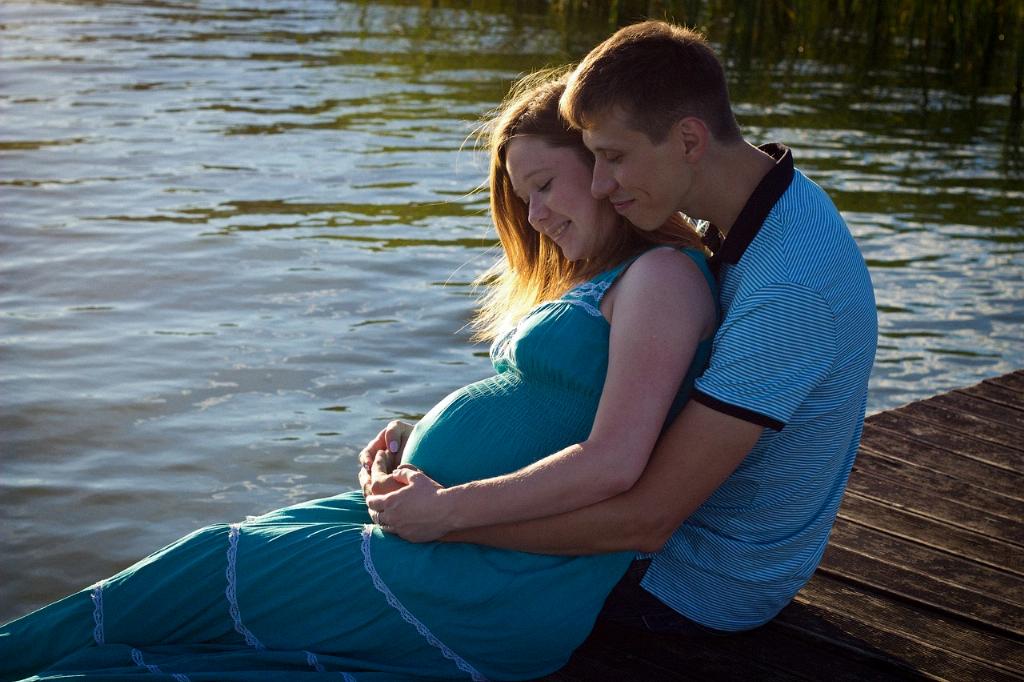One of the most common questions that patients undergoing IVF ask is, “How early can you get a pregnancy test for IVF?” Understanding the timing of taking a pregnancy test after IVF can be crucial for managing expectations and emotions during this delicate period.
Timing is Key
After undergoing embryo transfer during IVF, patients are often eager to know if the procedure was successful. It is recommended to wait at least 16 days after egg collection before taking a pregnancy test. This waiting period allows for the accurate detection of pregnancy hormones and reduces the likelihood of false negatives.
Why Wait 16 Days?
The 16-day waiting period is based on the typical window for the embryo to implant in the uterus and for pregnancy hormones to reach detectable levels. Testing too early can yield inaccurate results and cause unnecessary stress. By waiting for the designated time frame, you can trust the results of your pregnancy test.
Understanding Beta hCG Levels
Human chorionic gonadotropin (hCG) is the hormone that is produced during pregnancy. After embryo transfer, the hCG levels in the body steadily increase, indicating a successful implantation. Waiting for the 16-day mark allows for sufficient hCG levels to be present for accurate pregnancy testing.
Early Testing Risks
While the temptation to test early may be strong, it is important to consider the potential risks. Testing too soon may lead to false results, causing unnecessary anxiety and confusion. It is best to follow the guidelines provided by your healthcare provider for the most reliable outcome.
Managing Expectations
Waiting for the designated time to take a pregnancy test can help in managing expectations and emotions during the IVF process. Understanding the importance of patience and timing in this journey can contribute to a more positive and less stressful experience for patients.
Consulting Your Healthcare Provider
If you have any concerns or questions about when to take a pregnancy test after IVF, it is always recommended to consult with your healthcare provider. They can provide personalized guidance based on your specific situation and ensure that you are following the most appropriate timeline for testing.
Emotional Preparation
Preparing yourself emotionally for the results of the pregnancy test is essential during the IVF process. It is normal to experience a range of emotions, regardless of the outcome. Taking care of your mental well-being and seeking support from loved ones can help you navigate this challenging time.
Acknowledging Uncertainty
It is important to acknowledge that the IVF journey can be filled with uncertainties and unexpected outcomes. While the pregnancy test provides valuable information, it is just one step in the process. Being patient and resilient in the face of uncertainty is a crucial aspect of the IVF experience.
Hope and Positivity
Maintaining a sense of hope and positivity throughout the IVF journey can have a significant impact on your overall well-being. Whether the test results are positive or negative, staying optimistic and focusing on self-care can help you navigate the emotional ups and downs of the process.
Seeking Support
Don’t hesitate to seek support from your partner, family, friends, or a counselor during the IVF process. Sharing your feelings and concerns with others can provide comfort and reassurance as you wait for the results of the pregnancy test. Remember that you are not alone in this journey.
Final Thoughts
As you approach the 16-day mark after egg collection, remember to follow the guidance of your healthcare provider regarding when to take a pregnancy test after IVF. Stay informed, be patient, and prioritize your emotional well-being throughout this transformative experience. Your resilience and positivity will guide you through this chapter of your fertility journey.

